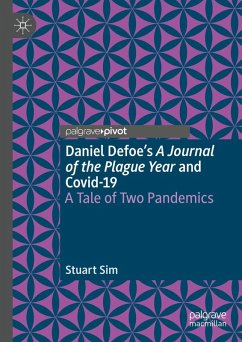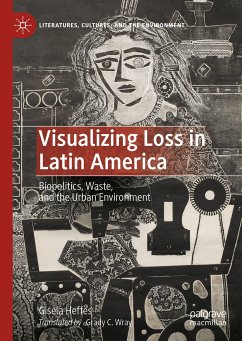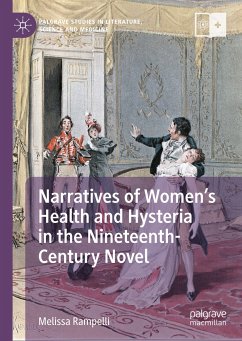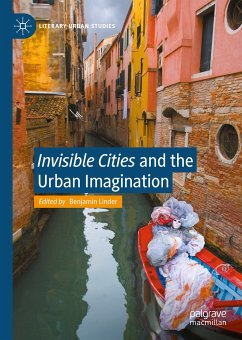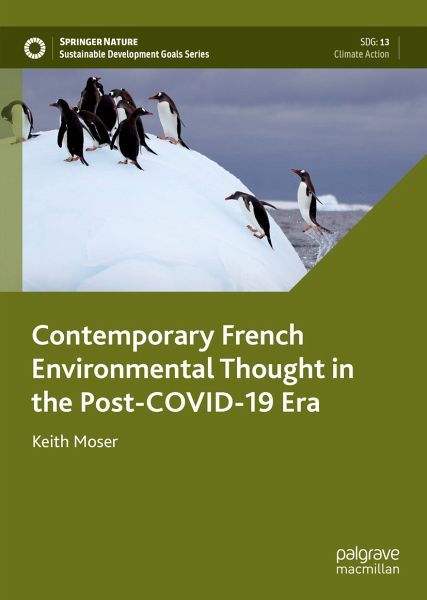
Contemporary French Environmental Thought in the Post-COVID-19 Era (eBook, PDF)
Versandkostenfrei!
Sofort per Download lieferbar
Statt: 128,39 €**
88,95 €
inkl. MwSt.
**Preis der gedruckten Ausgabe (Gebundenes Buch)
Alle Infos zum eBook verschenkenWeitere Ausgaben:

PAYBACK Punkte
44 °P sammeln!
Contemporary French Environmental Thought in the Post-COVID-19 Era is focused on the fields of biosemiotics, linguistics, ecocriticism, and environmental ethics. Closely aligning with Sustainable Development Goal 13.1, Keith Moser's study aims to strengthen resilience to climate-related hazards by drawing on ecological theories developed by French philosophers in conversation with biosemiotic principles. Not only does the novel theoretical framework offered by biosemiotic interpretations of the universe and our place in it represent an indispensable conceptual tool for understanding the unprec...
Contemporary French Environmental Thought in the Post-COVID-19 Era is focused on the fields of biosemiotics, linguistics, ecocriticism, and environmental ethics. Closely aligning with Sustainable Development Goal 13.1, Keith Moser's study aims to strengthen resilience to climate-related hazards by drawing on ecological theories developed by French philosophers in conversation with biosemiotic principles. Not only does the novel theoretical framework offered by biosemiotic interpretations of the universe and our place in it represent an indispensable conceptual tool for understanding the unprecedented medical challenges at the dawn of a new millennium, but it also beckons us to think harder about the environmental crisis that threatens the continued existence of all sentient beings who call the biosphere home. This book also highlights the richness, diversity, and utility of the ecological theories developed by the French philosophers Michel Serres, Edgar Morin, Jacques Derrida, Dominique Lestel, and Michel Onfray in addition to how they engage with biosemiotic principles. Taken together, the book probes the scientific, linguistic, philosophical, and ethical implications of biosemiotic theories in a post-pandemic world from an environmental and medical perspective.
Dieser Download kann aus rechtlichen Gründen nur mit Rechnungsadresse in A, B, BG, CY, CZ, D, DK, EW, E, FIN, F, GR, HR, H, IRL, I, LT, L, LR, M, NL, PL, P, R, S, SLO, SK ausgeliefert werden.






